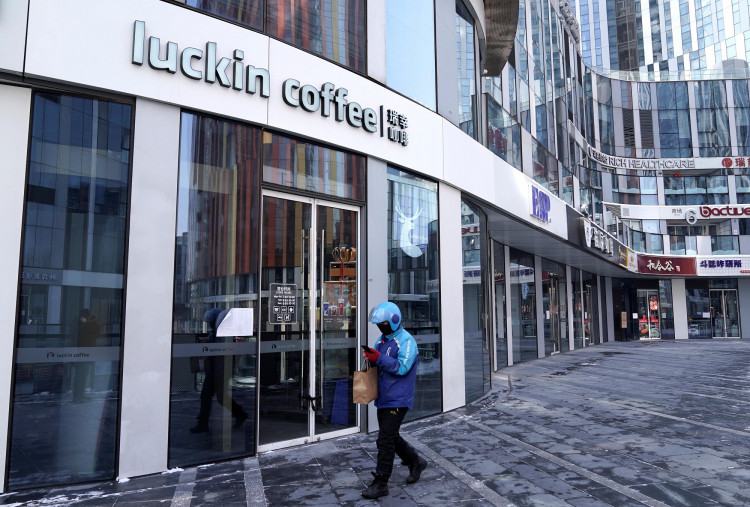Capital market regulators are implementing more stringent measures to protect investors from securities fraud. Experts stated on Monday that China is cracking down on Chinese companies that intentionally mislead investors by falsifying their financial statements and other schemes.
The move comes right after the recent Luckin Coffee scandal, which has placed a renewed focus on Chinese firms with shares listed aboard. The new measures under the new Securities Law will include tougher regulatory penalties and securities class action lawsuits for offenders. It will also include a more lenient restriction on short selling as a way to deter fraudulent activities.
After two consecutive meetings held this month, the State Council's financial stability and development committee had called for more efforts to protect investors from securities malpractices and other corporate fraud.
In line with the call, the China Securities Regulatory Commission (CSRC) announced that it will be rolling out new regulations that will include penalizing companies that indulge in fraudulent activity and forcing them to buy back shares from the market.
Apart from harsher penalties for illegal and fraudulent behavior, the revisions to the Securities Law also include stricter information disclosure requirements for all listed companies. The law also enacts a much stronger investor protection mechanism that is aimed at mitigating losses caused by fraudulent activities.
The strong reaction from regulators highlights the negative impact of Luckin Coffee's fraudulent activities, which has affected the prospects of other Chinese firms looking to list shares overseas. The Chinese coffee retail chain operator's sales data fabrication has caused an outrage amongst regulators spurring them to enact measures that will prevent the scandal from happening again.
Earlier in the month, Luckin Coffee had admitted that it had substantially inflated its sales numbers for 2019. The admission of the NASDAQ-listed firm triggered a massive sell-off of its stocks, dropping prices by more than 80 percent. Shareholders had lost millions of dollars in the process and stock market operators and regulators initiated probes into the financial statements of other Chinese firms.
The scandal had also greatly diminished investor confidence in other Chinese firms. Analysts have pointed out that it is critical that China seizes the opportunity to immediately implement revised regulations to assure investors of a fair and legitimate trading environment.
Since the implementation of the revised Securities Law, the CSRC has reportedly launched at least seven investigations against companies alleged to have made disclosure violations. Apart from facing possible delisting or suspensions, companies found guilty could be facing heavier finds as the new law did raise the ceiling of administrative fines for misleading or incomplete disclosures.






